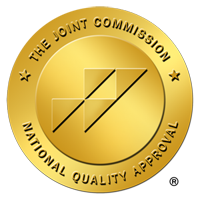Triggers are things that trigger a negative emotional state, often a mood, something that has heavy meaning for an individual, like a specific date or location, or things that are associated with addiction, like paraphernalia.
Triggers can cause a great deal of emotional distress, making it more difficult for someone to remain committed to their sobriety. That is why it is so important to learn individual triggers and coping skills to manage those triggers when they manifest.
What are Triggers in Addiction?
Triggers in addiction take different forms for each person, and there are several categories, but no matter the form, triggers are associated with an individual’s history of addiction.
People
One of the most common triggers is people.
For anyone trying to get clean or trying to reduce how much they use, being around certain people might be a trigger, especially if those people don’t support your sobriety.
For this reason, a lot of individuals who go through recovery will find that their personal relationships tend to change when they leave their treatment center as they rebuild relationships centered on sobriety and a different purpose in life.
Places
Another of the most common triggers in addiction is places.
For many people, places are highly individualized and include places where drugs or alcohol were present, places where drugs or alcohol used to be purchased, or places where you used to get high.
Paraphernalia
Drug or alcohol paraphernalia can be a visual trigger for many people.
This can be something as simple as:
- Being in a liquor store
- Being near a liquor store
- Seeing drug use on TV
- Watching someone else use drugs or alcohol
These triggers in addiction might be easier to avoid or remove from your life compared to people or places, but long-term the goal of good treatment is to teach you how to cope with exposure to these things rather than avoid them completely, as you won’t always have control over things like being near a liquor store or seeing someone use drugs on TV.
Stress
For many people, stress is a trigger, particularly because of its association with previous drug use.
Stress can take individualized forms, including:
- Workplace stress
- Financial stress
- Finding stable housing
- Relationship problems
Stress for many people often led to drug and alcohol abuse as drugs and alcohol were used as a form of self-medication. This makes it even more important to learn healthy coping mechanisms so that when you are under stress, things that you cannot control, you’ll be able to turn your attention toward the things within your control, like deep breathing, meditation, and muscle relaxation.
Mood
Mood and mental health are other triggers of addiction.
Much the same as stress, for many people with co-occurring mental health disorders, substance abuse was a way of self-medicating. So, if symptoms of anxiety or depression manifest, individuals might be more likely to use drugs and alcohol to get rid of them.
With the right type of treatment program, you can learn to sit with your negative or uncomfortable emotions and process them in a healthy fashion, or, where necessary, start a medication treatment plan for anxiety or depression disorders.
American Detox Teaches Trigger Management
With American Detox, clients can learn to identify and manage personal triggers.
For example, Client A struggles with a date, in particular, the date his late wife passed away. During the month of June, Client A experiences higher levels of anxiety, depression, and irritability. He used to drink copiously, numbing himself for the majority of the month, but during treatment, he has learned how to recognize and customize a plan for managing his emotions every June.
Just like Client A, our goal is to help all of our clients face their triggers. Trying to avoid them or ignore them can make it more likely that someone will relapse. But knowing what they are and learning to manage them can help individuals stay alert to these people, places or stresses and apply active coping mechanisms where necessary.
With our drug rehab, every client gets individualized therapy, group therapy, and evidence-based practices to teach trigger recognition, coping skills, and emotional regulation. We work hard to prepare all of our clients for a life of purpose without turning to drugs or alcohol when triggered.
When you’re ready, call our team. Call American Detox today to learn about identifying and managing triggers in addiction.


